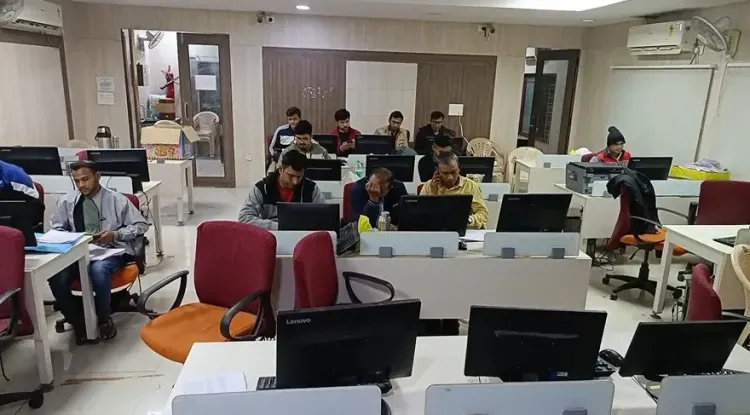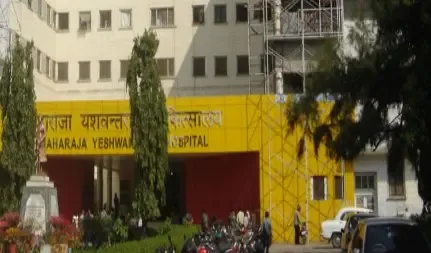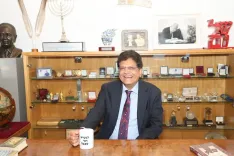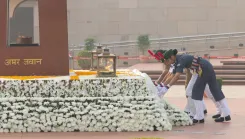Is the SIR process in Burhanpur, Madhya Pradesh, gaining momentum?

Synopsis
Key Takeaways
- Intensive verification: Booth-Level Officers are engaged in door-to-door verification.
- Timely updates: The administration is focused on timely form uploads.
- Political reactions: Mixed responses from various political parties.
- Voter engagement: Over 7.64 lakh personnel involved in the process.
- Future elections: SIR impacts states going to polls in 2026.
Burhanpur, Nov 22 (NationPress) The administration in Burhanpur district of Madhya Pradesh is exerting significant effort to ensure the prompt finalization of the Special Intensive Revision (SIR) process. Tasks associated with the SIR are being conducted throughout the day and extending into the night to guarantee that all forms are uploaded online without any delays.
Rajesh Patidar, the District SIR Officer in Burhanpur, informed IANS that the momentum for SIR-related activities is increasing in the district. He mentioned that Booth-Level Officers (BLOs) are performing door-to-door verification, while office teams continue to upload completed forms into the late hours to maintain the process’s timeline.
Patidar emphasized that the administration is committed to completing the SIR process in both Assembly constituencies of the district ahead of the designated deadline. Continuous monitoring and coordinated data entry are being executed through a team-based strategy. With this proactive approach, the administration anticipates a successful and timely voter list update.
The BJP has praised this cleanup initiative, viewing it as a move towards enhancing transparency in the electoral rolls.
Conversely, this exercise has faced strong resistance from various political parties. West Bengal Chief Minister Mamata Banerjee expressed her objections to Chief Election Commissioner (CEC) Gyanesh Kumar, alleging that the SIR is being enforced upon electoral officials and citizens in an “unplanned,” “chaotic,” and “dangerous” manner. CM Banerjee is set to address an anti-SIR rally in Bangaon, North 24 Parganas district, on November 25.
Additionally, the Election Commission initiated the second phase of the SIR of electoral rolls on November 4 across nine states and three Union Territories, impacting approximately 51 crore voters. Booth-level officers have started distributing enumeration forms to electors as part of this process.
During the enumeration phase, continuing until December 4, over 5.3 lakh BLOs will visit households at least three times for the distribution and collection of forms.
After the rally, Banerjee will take part in a protest march at Bangaon, marking her second anti-SIR rally and protest march, following her first held in Kolkata on November 4.
In addition to the BLOs, a total of 7.64 lakh BLAs appointed by political parties, 10,448 electoral registration officers and assistant EROs, and 321 district election officers have been assigned to ensure the SIR exercise is conducted smoothly, systematically, and with a focus on voters’ convenience.
The SIR is currently being carried out in 12 states and Union Territories, including the Andaman and Nicobar Islands, Lakshadweep, Chhattisgarh, Goa, Gujarat, Kerala, Madhya Pradesh, Puducherry, Rajasthan, Tamil Nadu, Uttar Pradesh, and West Bengal. Notably, Tamil Nadu, Kerala, West Bengal, and Puducherry are scheduled to hold elections in 2026.
The first phase of the SIR exercise took place in Bihar earlier this year, which resulted in the removal of over 68 lakh names from the electoral rolls.









